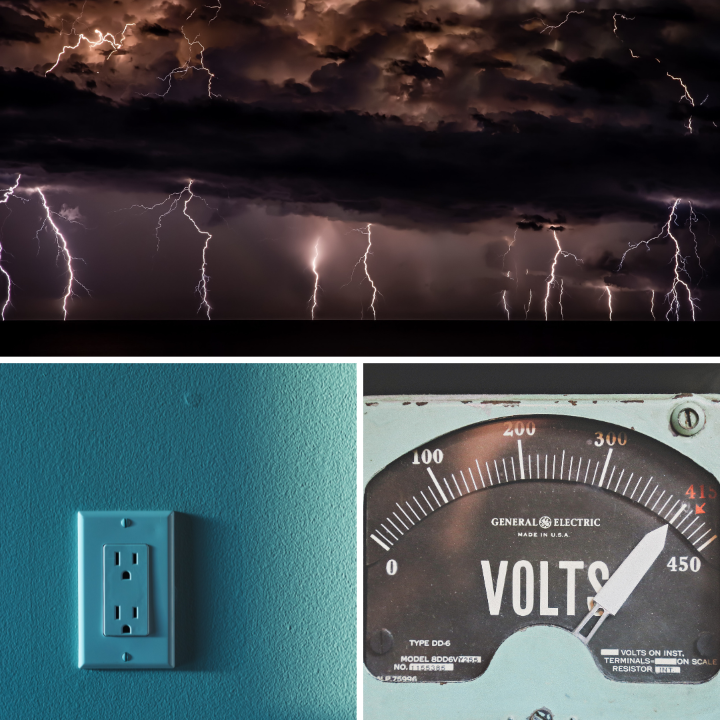20v generator is a reliable, cost-effective solution for providing backup power when you need it most.
220v generator is a reliable, cost-effective solution for providing backup power when you need it most. A 220-volt generator provides the same level of power as an industrial-grade generator but without the hefty price tag. So, is a 220-volt generator worth the money, and what is its significance? Here is a guide.
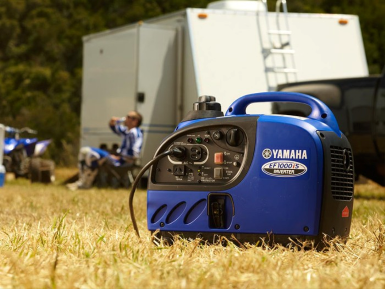
Why a 220 generator? Significance
By taking into account your budget, power needs, and any other considerations, you can find the perfect model for your requirements. With a 220-volt generator, you can have peace of mind knowing your home or business will remain powered in the event of an emergency or outage. They are also great for those times when you need a bit of extra power, such as running an air conditioner or powering a heavy-duty appliance.
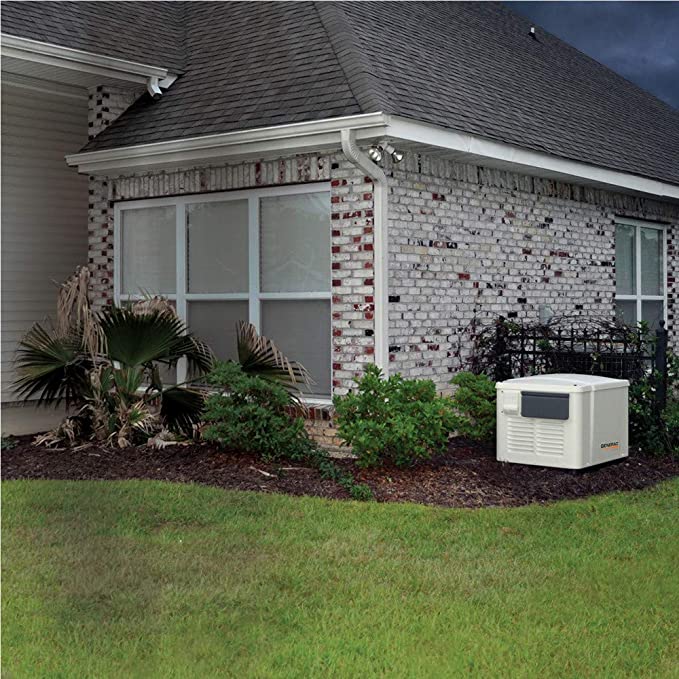
Some key considerations for a 220v generator
When shopping for a 220-volt generator, it is important to consider the size and type you need. A smaller generator can still provide sufficient power for basic needs, but if you are looking for large power appliances or multiple outlets, you will need a larger unit.
By following these steps, you can be assured of finding a reliable, cost-effective 220-volt generator that will give you peace of mind in any emergency or outage.
Here are some factors that will make your decision easier.
1. Types of Generators
For generators, you have four options, inverter, portable, standby, and power portable generator. Permanently installed home standby generators that may run on propane or natural gas will automatically turn on in the event of a power loss. There are several sizes and portability options for portable and inverter generators.
A portable generator is inexpensive in generator types that run on gasoline which can be stored in large quantities. They can be used anywhere or everywhere. However, they produce carbon monoxide at a dangerous level. It is recommended to place them at a distance of 20 feet at least from your home.
Product Recommended Portable generator; Champion Power Equipment 200951
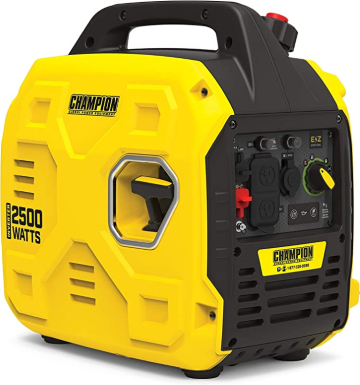
An Inverter generator has complex engines and is costlier than a portable generator, with almost the same power output. However, they are the quietest ones because of the throttle up and down.
There are many different sizes available, ranging from big inverter generators that may weigh more than 250 pounds, produce 5,000 watts or more (at 220 volt), and power a full house to compact ones that can be carried in one hand and weigh up to 60 pounds.
Product Recommended Best inverter generator; Champion Power Equipment 200986
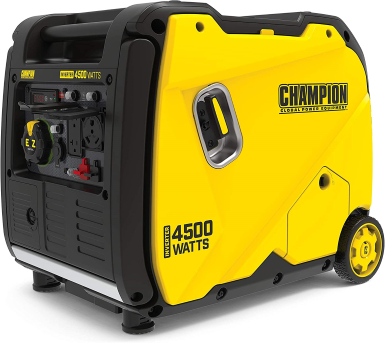
A home standby generator is the most expensive and needs professional installation (so factor in labor costs). With town or municipal permissions, noise limits, and suitable locations, a skilled electrician may help.
They often provide greater power than the other four alternatives and start up automatically when the electricity goes out.
They do a self-diagnosis and alert you to the need for maintenance. Some even send you or your dealer these messages via email or text.
Propane, which is safer to store than the gasoline required for the other models featured, or natural gas, which offers an endless supply of power, are your two fuel options. The power output varies between 5,000 and 20,000 watts.
Product Recommended Standby generator for home; Generac 7043
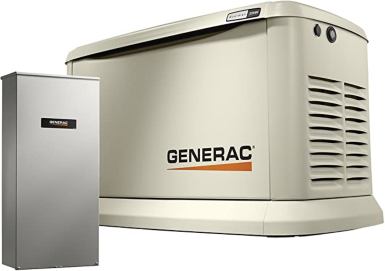
The portable power station is comparable to a huge, rechargeable battery. These could also be referred to as solar generators. These appliances do not use gas or propane. They run on a battery that is charged by connecting the power station to an electrical outlet or, occasionally, a solar panel that is built in.
Similar to a tiny inverter generator, a portable power station works best in situations when you know you won't require electricity for an extended period of time, like camping, tailgating, or blowing up an outdoor bounce house. Compared to equivalent, tiny inverter generators, portable power stations are often heavier.
People who are worried about noise should know that since these generators don't have an engine, they are quite silent. Since they are relatively new, portable power stations usually cost more than portable gas generators. Because they don't emit carbon monoxide or gasoline pollutants, you may use them indoors.
Product Recommended portable power station; Jackery Explorer 1000 portable power station
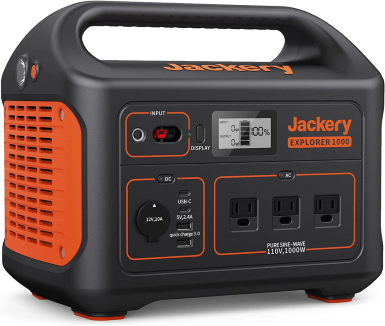
Some of them are easy to move, while others are utilized as the permanent power source for your house. Make sure to always consider the size of your home too. A person who lives in an apartment, for example, and has no means to securely operate a generator outside, has no choice but to use portable power stations, which are enormous batteries that store electricity for when you need it.
2. Air-cooled generator or Liquid-cooled generator
Some generators are air-cooled, while others are liquid-cooled. Air-cooled generators tend to be less expensive but require more maintenance than their liquid-cooled counterparts.
Air-cooled generator sets from 220V can be a great investment for the home, recreational vehicle, and even commercial use. They work with engines that use a fan to cool the engine. These generators are a reliable source of power in times when the regular electrical grid isn't available or when you need to supplement your existing power sources. A generator running with 220 Volt can provide enough wattage to support most major appliances like refrigerators, air conditioners, etc.
Product Recommended Best Air-cooled generator; Generac 6998 7.5K
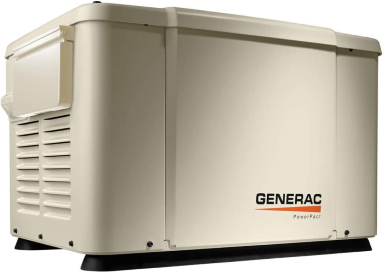
Liquid-cooled generators, on the contrary, work with an enclosed radiator system just like an automobile.
Product Recommended Best Liquid Cooled generator; Generac RG02515
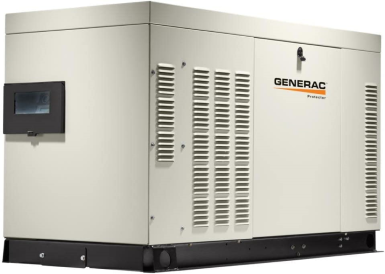
3. Cost
When searching for a 220v generator, it is important to compare prices across different brands in order to find the best deal for your budget.
The price of a 220v generator may vary depending on the size and power of the unit. Generally, you can expect to pay anywhere from $500-$2000 for a good quality 220v generator.
These generators are typically used in commercial settings or for large-scale home emergency backup systems, so it's important to consider your particular needs when shopping for one. The cost of installation and any additional accessories may also factor into the total cost.
Product Recommended Best Cheap 220 V Generator: maXpeedingrods 5500W
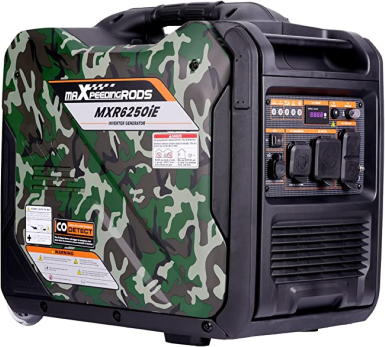
4. Noise level
It is also important to keep in mind the noise levels associated with different models, as some can be quite loud. The noise level of the generator is also something to consider when deciding if a 220v generator is worth the money. While some generators operate quietly, others can be quite loud and may disturb your neighbors or family members.
Additionally, if you plan to use your generator in an area with strict noise ordinances, you'll want to make sure that it meets local regulations. In general, a generator that is rated at around 65 dB or lower (measured from seven meters away) will be considered to be quiet enough for most residential areas.
Product Recommended Best quiet 220v Generator; WEN 56380i

5. Weather Protection
Portable generators perform many tasks and endure challenging circumstances while camping or RVing in remote areas, powering equipment on construction sites, the stage at outdoor concerts and other community events, and even stepping in at home for emergency power during a blackout.
There is one climatic situation that portable generators cannot manage on their own; check the owner's manual for each portable generator. A portable generator's electrical components should never be exposed to rain, snow, or sleet. Any type of water can harm a portable generator and other electrical components. These robust devices require shelter from the elements in order to function.
Tips to get a 220 Volt Generator
Everyone has their own way of selecting and buying gadgets. Since we are trying to help you here, here are a few tips
· Make sure to read customer reviews on any model that you are considering buying, as they can provide valuable insight into the quality of the generator and its performance.
· Take into account the size and type you need to power your appliances or outlets, and make sure to check that the warranty is sufficient for your needs.
Safety
Once you have selected the right 220v generator for your needs, make sure to follow all safety instructions and maintenance guidelines provided by the manufacturer. This includes
· Keeping a watchful eye on oil levels, fuel levels and connections, as well as checking the exhaust system for any signs of trouble.
· Make sure to keep your portable generator or any generator that you are using clean and store it in a safe place when not in use to ensure its longevity. With proper care and maintenance, you can enjoy reliable backup power for years to come with a 220 v generator.
How to run a 220v portable generator at home?
People also ask related to 220v Generator
1. Is 220 V single phase?
Two-phase power is equivalent to 220-volt single-phase electricity; two-phase power indicates that an electrical appliance's rated voltage is 380 volts and that it must be linked to two phase wires, or two live wires.
2. Can you run 220v on a generator?
A regular standard generator requires a standard plug. So, yes, it is possible to run 220v on a generator. Most generators are capable of producing both 120v and 240v power outputs, so a generator which produces either output can be used to provide 220v power.
For instance, some inverter generators are able to produce both 120V and 240V AC power simultaneously or individually, allowing them to be used with 220V appliances or equipment.
Additionally, some generators can also provide a split-phase output of 120/240V or 230/460V and have the ability to adjust the voltage levels according to the appliance's requirements. This type of generator is most commonly used for industrial applications such as powering HVAC systems, pumps, etc.
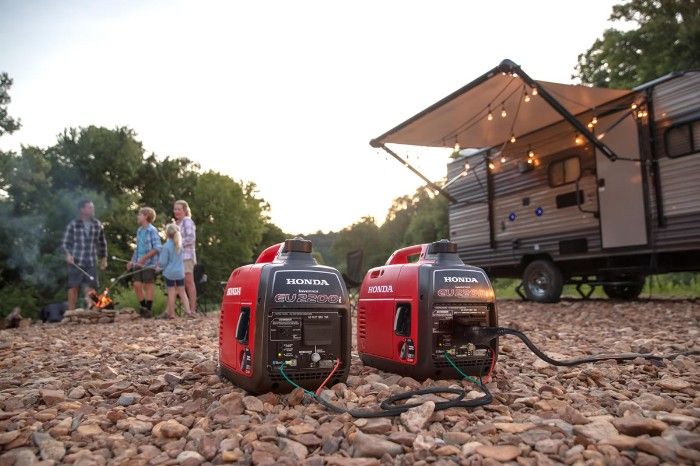
3. Is 220 V and 240 V the same?
The designations 220V, 230V, and 240V all refer to the same system voltage level in North America. 208V, on the other hand, alludes to a distinct system voltage level. Utility providers must provide split-phase 240VAC for residential usage in North America.
4. What size generator do I need for 220 V and 240 V?
For that, you will need a 220-volts side; your requirement is 8500 running W and 1100 peak W. Whereas, for 240 V, you will need 7500 W. These normally come equipped with a 240V connector as standard.
5. Is 220 Considered high voltage?
The nominal voltage rating has been set in the United States by the American National Standards Institution ANSI, which is 60 Hz electric power system over 100 V. According to them, a high voltage is 115 kV to 230 kV, and extra high voltage is 345 V to 756 V. The ultra-high voltage is 1100 kV.
6. How many watts is a good generator?
You can power even the most essential household appliances, including the refrigerator, freezer, well pump, and lighting circuits, with a generator rated at 5,000 to 7,500 watts. All these devices may be operated simultaneously by a 7500 running-watt generator. A 3000–4000 watt generator is ideal for RV use.
Conclusion
With a 220v generator, you can rest assured that your home or business will remain powered in any situation. Thanks to their reliability and affordability, 220v generators are an ideal choice for those looking for reliable and cost-effective backup power.
No matter what kind of power needs you have, a reliable 220v generator is an essential part of keeping your home or business running smoothly. By considering the size, type, noise levels and cost of any model you are considering, you can find a generator that fits your needs and budget. With the right selection, maintenance and care, you can enjoy reliable backup power for years to come with a 220v generator.

